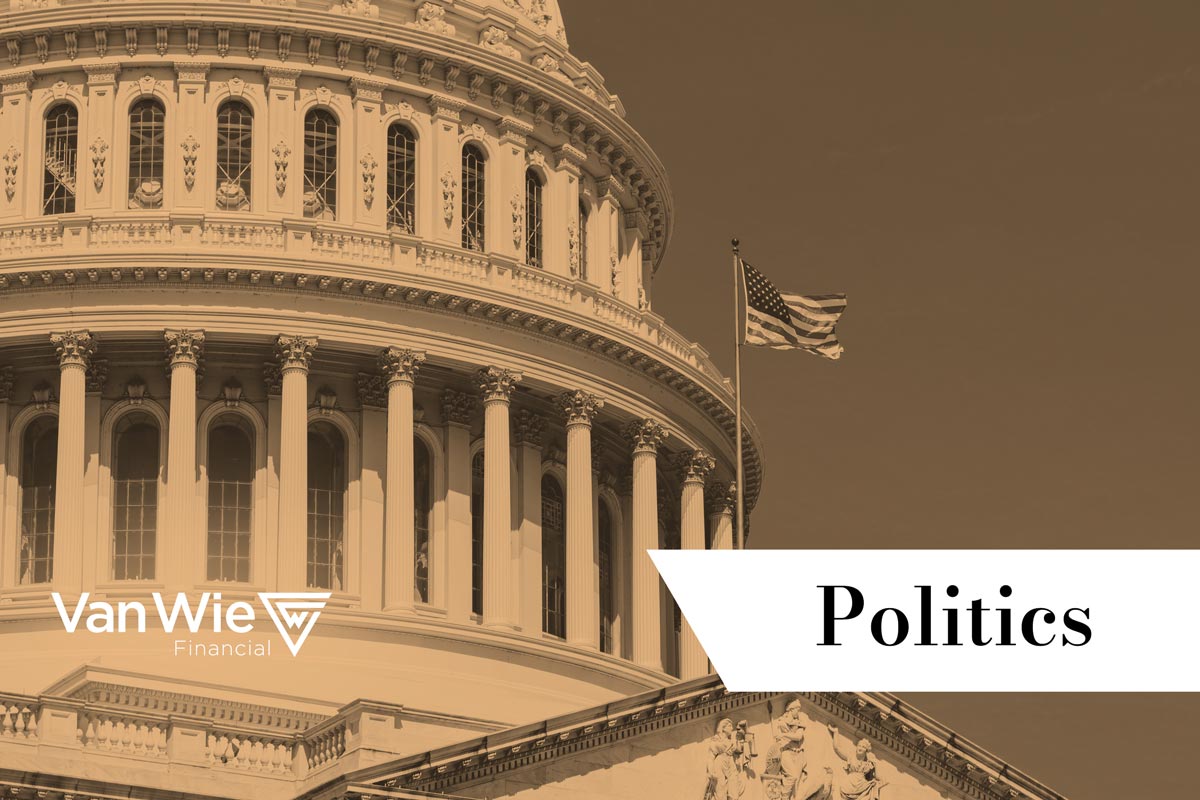Credit cards are one of the greatest and worst inventions of our lifetime. How is it that something can be so good and so bad at the same time? It all depends on how you use them. The average American household carried $15,654 of credit card debt in 2017 according to NerdWallet.com. This means that the total credit card debt in the US was an estimated $905 billion, an 8% increase from the previous year! This balance includes consumers who pay off their cards every month, so it isn’t just debt that is carried from month to month. The current average interest on this debt is 14.87% also according to NerdWallet, which is about 10 times higher than the current Fed Funds Rate.
Clearly, Americans are addicted to credit card debt. We are constantly surprised by the number and type of people that come into our office carrying large credit card balances. In some cases, there are really good reasons for this. In others, people just can’t handle the responsibility of using credit. Whatever the reason is for the debt, it is extremely important to pay attention to the type of card you use, the benefits it offers, and the interest rate you pay.
If you are bad with credit, tend to buy things you can’t pay for, and carry large balances, you probably shouldn’t have a credit card. I am not a fan of debit cards, but in this scenario, this is probably the best option for you. If you really feel that you need a credit card, look for a prepaid card that only allows you to charge up to the cash balance on the card every month. This forces you to control your spending and won’t allow you to build a balance that charges high interest.
If you are someone that has found yourself in trouble and needed to leverage a credit card for a large unexpected expense (like a medical emergency), look for a 0% interest rate card. Card companies run these promotions all the time, and if you have decent credit, these should be available to you. Read the fine print before you transfer the balance and see what fees are involved, but typically if the balance is large and you can’t pay it in the next couple of months, these offers can save you money.
If you have a job that requires lots of travel that you can charge to your own card and get reimbursed by your company, you can really hit the jackpot by using a travel rewards card. These are cards that offer substantial point rewards for booking flights, hotels, and rental cars with them. Some cards offer no international exchange fees if you travel overseas, which can lead to big savings. As a side note, also sign up for all the rewards programs offered by hotel chains, airlines, and rental car companies to maximize your rewards. When I was younger and travelled every week, I was able to build up enough airline miles and hotel points to pay for my entire honeymoon in Hawaii with points!
If you are someone who does not travel for work, but simply likes to charge everything to a card so that you can collect points while spending only what you would anyway (like me), your best bet might be a cash back card, a card that has a robust point system, or a retail points card. American express has a reward points card, and they offer varying levels of points per purchase based on the annual fee paid. These points can then be used to pay your balance, pay for vacations, or on a variety of other goods and services. Some cash back cards will actually send you a check at the end of the year of up to about 2% if you would rather have the cash in hand.
Using credit is a personal decision that can benefit you or it can lead to financial problems. Knowing what type of person you are and making responsible decisions is the key to handling debt correctly. If you are able to handle the responsibility that comes with credit and looking to be rewarded for this, choosing the right card can actually bolster your financial position.



